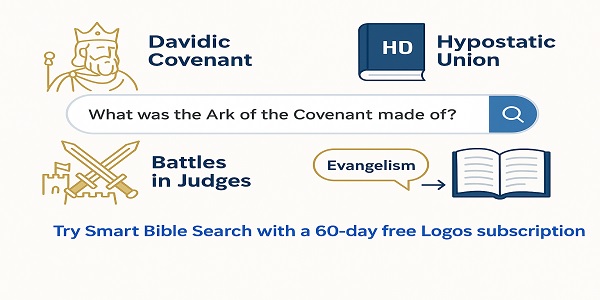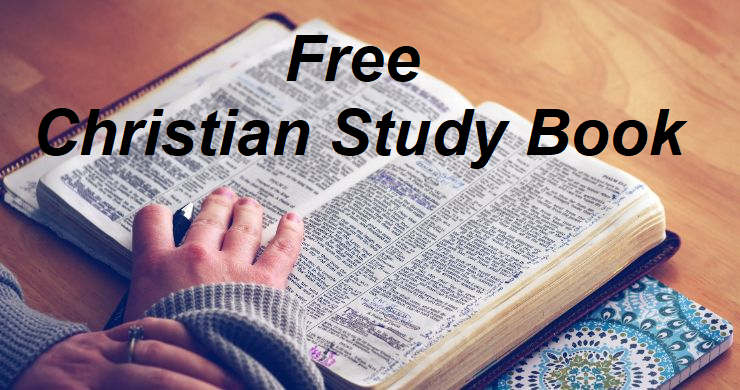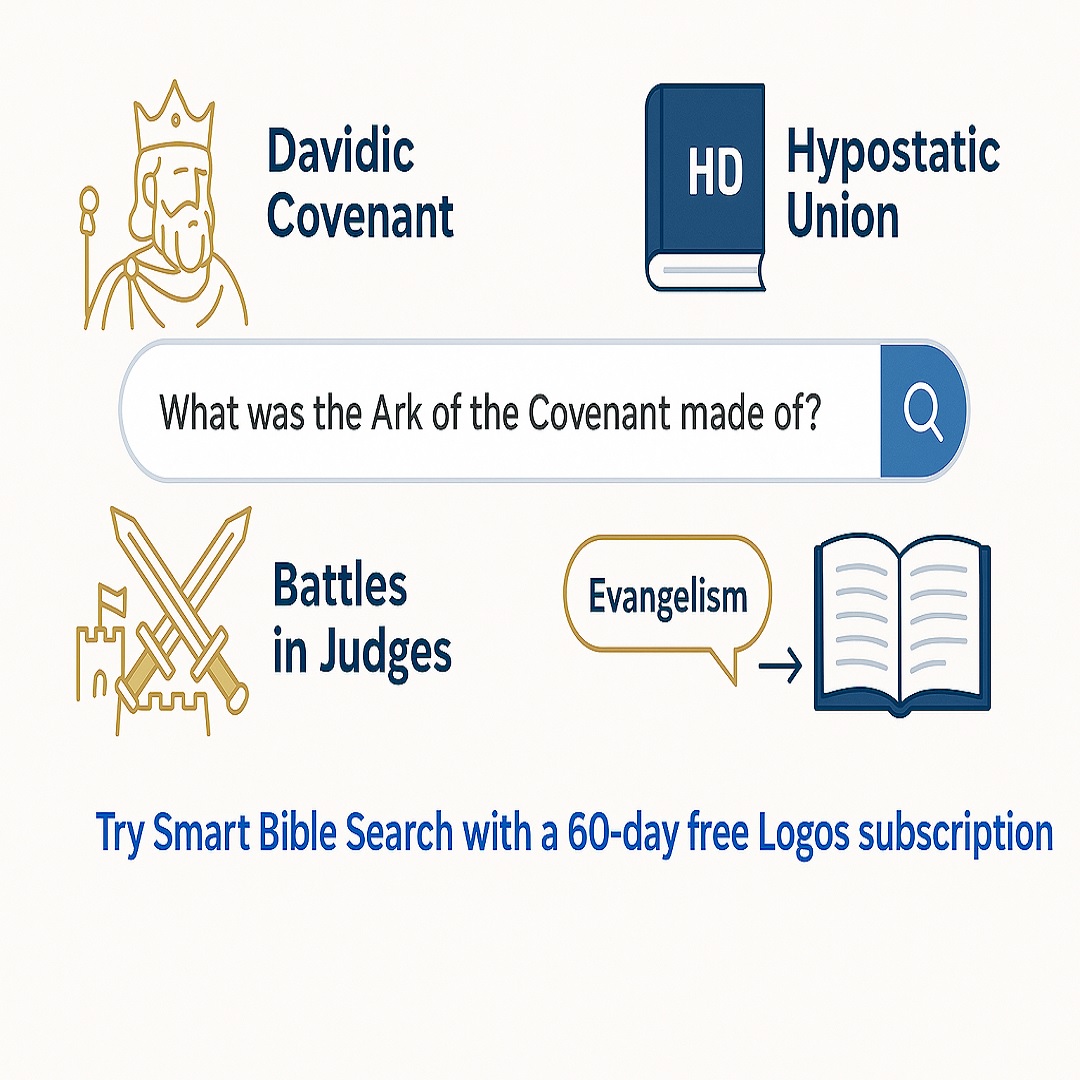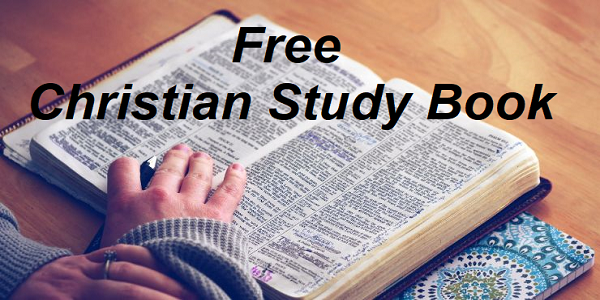Part of Paul’s wonderful prayer contains some of the most controversial language in Christian history. It launched generations of debate on predestination and election.
Ephesians 1:4-8
This is not just about predestination and election but also about blessing:
4 just as he chose us to be in him* before the beginning of this world so that in love we could be holy and without fault before him. 5 He decided in advance to adopt us as his children, working through Jesus Christ to bring us to himself. He was happy to do this because this is what he wanted. 6 So we praise him for his glorious grace that he so kindly gave us in his beloved Son.* 7 Through him we gain salvation through his blood, the forgiveness of our sins as a result of his priceless grace 8 that he so generously provided for us, together with all wisdom and understanding.1
Predestination & Election
4. “he chose us to be in him before”:
It is important to keep in mind that Paul here is not thinking of individual predestination but rather corporate predestination. This is not to suggest that individual predestination does not exist. Only that it is a common misconception this is what Paul means here. A proper understanding of what is said here should call into question the idea that all are predetermined to be either saved or condemned and that it involves no free will.
In sequence, God chose:
Humanity; Genesis 1:28
Abraham; Genesis 12:1-3, Genesis 22:17-18
Israel; Exodus 1
David’s Messianic Line; 2 Samuel 7:12-14, 29, Psalm 72
The risen Jesus and the Spirit:
The risen Jesus + exaltation to rule Heaven and Earth + the gift of the Spirit + God’s blessing through Abraham to the nations, ACTS 2:14-36 ACTS 3:12-26.
BEN WITHERINGTON III (reflecting on predestination and election)
“The relationship between election and salvation is often misunderstood, especially in individualistic societies. The Bible portrays election as a corporate concept, where God chooses a people, not just individuals. In the Old Testament, election is linked to Israel; in the New Testament, it is linked to those in Christ.
However, election and salvation are not synonymous. The Israelites, God’s chosen people, witnessed miracles and were delivered from Egypt, yet only two entered the Promised Land. This highlights that being chosen does not guarantee salvation.
Reflecting on the relationship between belief and behaviour, theology and ethics, it becomes clear that behaviour matters. We are called to model God’s moral character, and by His grace, we are equipped to do so.”
BEN WITHERINGTON III (cont)
“The key to understanding what Paul means by [the word “election”] is the phrase “in Christ.” When Paul says believers were chosen before the foundation of the world “in him,” … He means that Christ preexisted before the creation of the universe and that, by God’s choosing of him (who is the Elect One), those who would come to be “in him” by faith find themselves among “the elect” in the person of their redeemer. God, because of his great love, destined that those who believe “in Christ” would be adopted as his sons and daughters. The concept of election and destining here is corporate…
If one is in Christ, one is elect and part of the destined Messianic family. Paul is not talking about the pre-temporal electing or choosing of individual humans outside of Christ to be in Christ, but rather of the election of Christ and what is destined for those…who are in Christ…
When Paul later speaks of how someone gets “into Christ” he does not speak of God’s predestination, as though a person is programmed to be disposed towards faith. Rather, he says, “in Christ, when you heard the word of truth, the good news…you believed and were sealed by the Holy Spirit of promise” (Eph 1:13).” — BEN WITHERINGTON III, THE LETTERS TO PHILEMON, THE COLOSSIANS, AND THE EPHESIANS: A SOCIO-RHETORICAL COMMENTARY ON THE CAPTIVITY EPISTLES, 233-35.
Pheme Perkins
In the article “The Letter to the Ephesians,” in The New Interpreters Bible (Nashville: Abingdon, 2000) p. 373, Pheme Perkins says,
“When Ephesians 1 is contrasted with the Dead Sea Scrolls, “Notice the total lack of discussion of the predestination of the wicked… Ephesians does not depict election as that which divides the human race but as that which unites it in Christ, hence the strong contrast with the Qumran language about the election and salvation of the few righteous in contrast to the majority of the race.”
In short, Paul here is, not, trying to answer the question of how someone becomes a Christian. As much as we want him to. He is only explaining that when you are in Christ you are adopted into the elect.
God’s choosing of the Messiah is God’s way of choosing, once again, the whole of humanity.
Blessings and Election – A Study
Blessings, predestination and election are significant subjects. If you wish to do further study, you can go to:
The Bible Project classroom, The Book of Ephesians Module 3: Blessings and Election
The notes attached to this module are particularly useful, Clickon the Notebook Icon in the top right-hand corner>teachers-notes>dropdown menu to session 8.
Predestination and Free Will
The Right Person in The Right Place at The Right Time
Being in Jesus and Him in us, helps us understand the idea of just happening to be The Right Person in The Right Place at The Right Time. Not as serendipity but as an act of God’s sovereignty.
Paul, for example, goes to Philippi and there’s Lydia and she’s ready (Acts 16:14). He didn’t do that. He was just there at the right time. Or in 1 Corinthians 3:5-10 where he says, “Listen, one is the sower, one is the planter, one is the etc… but God is the one doing…”
But before we get ourselves stuck in the whole, “Was I pre-programmed to do this?” We need to stop and try to understand that we get to do things for God because God loved us first. That is what is important. We can argue about all the other stuff but when it comes down to it, the most important thing is that we get to do those things for God as a result of Him loving us first.
Something to think about
What if:
- God has chosen everyone but we can choose to opt out?
- It is not a case of deciding to be a Christian. Rather a case of deciding not to opt out of being in Christ.
- choosing particular people or particular people groups was a result of choosing the last ones to opt out?
- Christ’s coming and His death and resurrection are God’s way of making sure that no one has an excuse if they opt-out.
===============================================
1English: Free Bible Version Provided by: Free Bible Ministry, Inc. and open.bible, licensed under CC BY ND Published:



 Search The Bible the way you have always wanted to.
Search The Bible the way you have always wanted to. The most complete Bible study Platform. Start you Free trial Now!
The most complete Bible study Platform. Start you Free trial Now!



